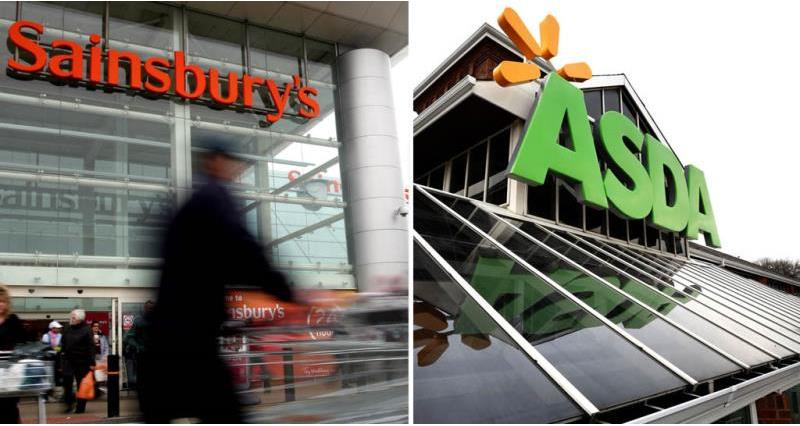Background
Reacting to a ‘competitive market’, it is hoped that the newly formed business would be able to develop in a ‘dynamic business’ to compete against Amazon, Aldi and Lidl. Mike Coupe, Sainsbury’s CEO, states this will allow the group to “deliver a better deal for customers, increasing quality, providing better ranges and reducing prices of key products by 10% across both businesses.”
Sainsbury’s is currently the UK’s 2nd largest retailer and Asda the 3rd largest, this would mean the merger would see the new business become the UK’s largest retailer with over 2800 UK stores and accounting for 30% of the market, meaning 59% of the UK retail sector will be held by two players (Tesco and the Sainsbury’s/Asda merger).
The two business employ a total of over 360,000 staff, and Sainsbury’s CEO has committed this morning that there will be no job losses (at store level) or store closures as a result of the mergers, although head office and central operations are likely to be streamlined. A large focus has been put on leveraging suppliers to decrease prices (10% on core products), however both businesses should continue to be overseen by the GCA and will need to comply with GSCOP.
Although a deal has been agreed between the two businesses this will still need to be passed by both Sainsbury’s shareholders and the Competitions and Market Authority (CMA). It is reported that the CMA investigation will take in excess of a year
Impacts for British agriculture
- The largest impact for British agriculture will be the huge leverage over suppliers the newly formed business will have. Whilst this should bring efficiencies in scale, which can be passed on to shoppers there will be a large amount of power held by one business. However this will continued to be overseen by the GCA and will still need to abide by the GSCOP code.
- Asda and Sainsbury’s have both taken different approaches with how they have worked with their farming supply chains. Sainsbury’s have taken a hands on approach and have invested significant sums of money into it development groups such as the Sainsbury’s Dairy Develop Group and carbon foot printing of farms. Sainsbury’s also include a commitment to sourcing British within their Corporate Social Responsibility (CSR) commitments.
- Asda have not worked with specific farming groups
- There is likely to be an impact to all NFU members as there is likely to be wider changes to the supply chains as a result of this merger. This might include a rationalisation of suppliers (meaning changes for members) and changes in terms and specifications as the businesses align
What will the NFU do?
- The NFU will seek to understand more about the merger and the potential impacts for members. We have an agreed ‘stress test’ on how to look at mergers and we will assess the areas which are set out below
- As part of this assessment we will be seeking evidence from members and the wider supply chain.
- We will be following up with both businesses at a CEO level to understand further details about the merger.
NFU President Minette Batters said: “The NFU will be examining the details of this proposed merger between Sainsbury’s and Asda carefully and the further concentration of retail power it creates within the food supply chain. We will also seek clarity on what the structure of any merger will be.
“We will be requesting a meeting with Sainsbury's and Asda to ensure that the commitment of the new business to British sourcing will not be affected. First and foremost the NFU will be seeking to understand what potential impact a merger would have on our members - both those farmers who are directly part of these supply chains and those who could be affected by wider connotations.
“With just over 31% of the market potentially being held by one company the Competition and Markets Authority (CMA) is likely to consider the impact on shoppers - but that must also take account of changes to supply arrangements that could give rise to a reduction in choice and availability over the long term. The impact of the whole supply chain, all the way down to farm level, needs to be carefully assessed.
“The NFU supports any investigation by the CMA and we would aim to feed into this if approached.”
